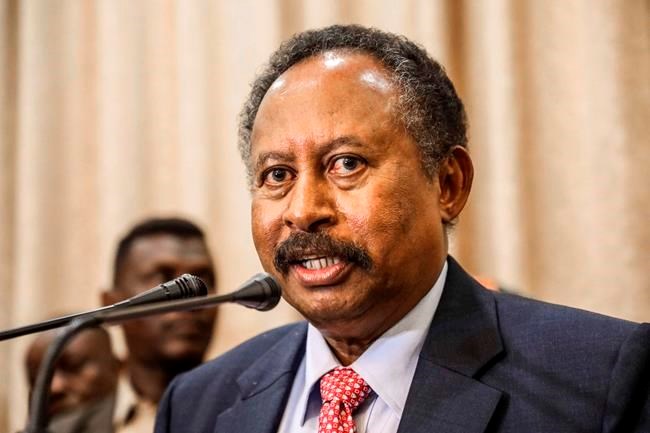CAIRO — Tribal clashes between Arabs and non-Arabs in Sudan’s South Darfur province left at least 30 people dead and a dozen wounded, authorities said Wednesday.
The fighting poses a significant challenge to efforts by Sudan’s transitional government to end decades-long rebellions in some areas of the country, including Darfur. Rebel groups from Darfur and other areas have for months engaged in talks with the transitional authorities to establish peace in Darfur and elsewhere in Sudan.
Adam Regal, a spokesman for a local organization that helps run refugee camps in Darfur, said the violence erupted when a group from the Falata tribe robbed sheepherders from the Arab Rizeigat tribe in the town of Rumali, leading to fierce clashes between the two tribes.
Regal shared graphic footage for dead bodies and wounded with blood-stained clothes.
Sudan is on a fragile path to democracy after a popular uprising led the military to overthrow longtime autocratic President Omar al-Bashir last year. A military-civilian government now rules the country. One if its key priorities has been ending the insurgencies in Sudan’s far-flung provinces in order to slash military spending, which takes up much of the national budget.
Prime Minister Abdalla Hamdok said in a statement that the fighting, which erupted Tuesday and continued Wednesday, has since subsided.
Local authorities have imposed a round-the-clock curfew in the area and deployed more troops to stabilize the situation in the region, said South Darfur’s Gov. Hashim Mahmoud.
Mahmoud said a fact-finding investigation has been formed and would begin its work immediately after security forces control the situation.
Tensions between the Arab and non-Arab tribes date back to the Darfur conflict that began in 2003, when ethnic Africans rebelled, accusing the Arab-dominated Sudanese government of discrimination.
Al-Bashir's government in the capital Khartoum was accused of retaliating by arming local nomadic Arab tribes and organizing them into a militia known as the Janjaweed and unleashing them on civilian populations. The militias became notorious for massacres and rapes.
Samy Magdy, The Associated Press


